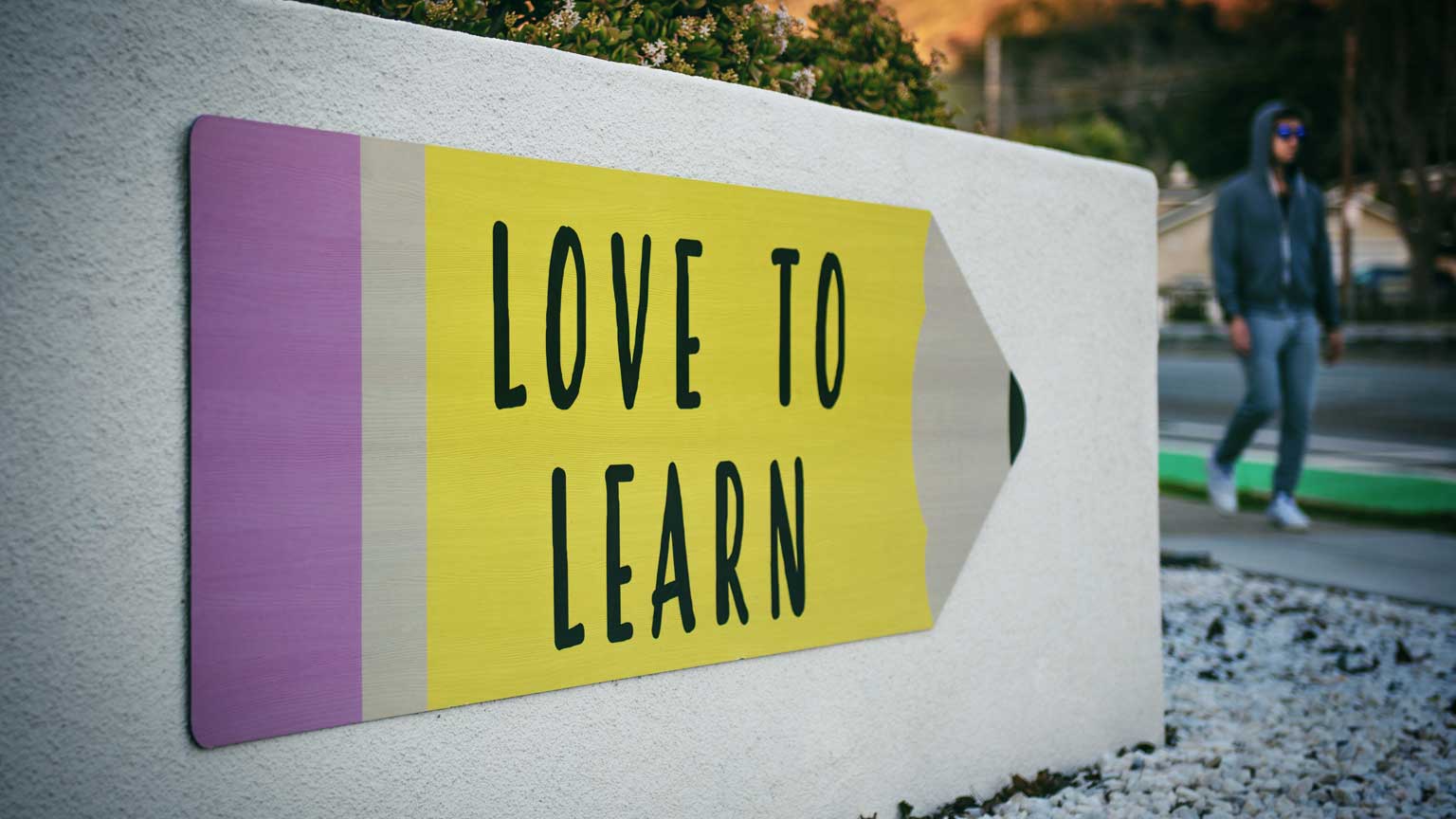
| 22 July 2021
In the wake of our seminar, The Complete Learner Experience: Culture, Collaboration, Creation, our Leadership Management and Organisational Development Consultant Toby Lindsay reflects on some of the issues and possibilities raised.
I was lucky to be able to share a platform with Lars Hyland, Chief Learning Officer at Totara, who had valuable insight into the challenges of employee engagement in the current crisis. These have been times of unprecedented pressure for everyone, but particularly NHS staff. The toll on workers both at the frontline and in the supportive roles that keep the wheels turning is only to be expected, and attrition rates have been high. We also saw people stepping up and going above and beyond their roles throughout the pandemic, with redeployment and even people coming out of retirement or education to bolster numbers.
Lars has been a strong advocate for technology in learning long before the pandemic, so was in an excellent position to explain healthcare learning providers have scaled up their offerings to support the remote workforce. Having a robust model for e-learning has meant that we have been able to adapt technology and offerings to support essential updates and education for key workers throughout the pandemic. However, learning at home goes beyond just having online learning available; it means supporting people at all levels to use and engage with this kind of technology – technology that is accessible as well as available.
“An effective and engaging learning experience is holistic; it focuses on coaching and supporting people to learn and apply their skills in a practical context.” – Lars
Maintaining engagement and a culture of community and collaboration has been one of the biggest workforce challenges throughout the pandemic. With more people than ever before working remotely, there were natural barriers to maintaining the kind of workplace culture we are all familiar with. Remote workers have lost the benefits that the workplace brings, and people on the frontline have been isolated from their support networks – both in and out of the workplace.
“With the right resources and constructive feedback, everyone can feel part of a cohesive team, with a real understanding and belief in the values of their organisation and an ability to do the task at hand.” – Lars
Avenues for professional development within the healthcare sector are improving – changing job roles, whether as redeployment, career progression, or just the changing face of healthcare means that we need a robust and adaptable model for learning and education, remotely and in practice. We also need to be able to adapt and develop our products in line with feedback and needs, and this means having a proactive and reactive support structure for end users. Responding to the pandemic has been a masterclass for everyone in swift and effective rollout of new modes of interaction.
Digital learning was already in place for long-standing mandatory training and updates, but many organisations like us at Skills for Health had to respond rapidly and effectively to meet the needs of those returning to work or being redeployed into areas with new skills requirements. Alongside that, we needed to help continue to develop essential leadership and management roles – more important now than ever – to create an integrated structure for growth and excellence.
Creating a cohesive workplace community through the challenges of Covid 19, we have met with inherent challenges. The space we work in has traditionally been very important to the way we work together, even the way we feel when we are at work. The learning experience and the behind-the-scenes work environment has gone through a huge shift. We used to meet together in the workplace, in offices, in conferences and lecture halls and meetings, even in beautiful outdoor settings and that had a huge impact on the dynamic and camaraderie created in the workplace community. What we need now is to create a culture where we work together, learn and think together and create the important, lasting communities to facilitate positive organisational progress, whether the waters are calm or stormy.
We are trying to get into people’s heads to get them thinking; we are trying to get into people’s hearts to get them feeling an emotional connection with their work.
We can’t replicate face-to-face learning – but we don’t necessarily need to. Even before Covid 19, online learning and remote meetings were gaining traction, and the pandemic has just catalysed a progressive shift. Remote meetings and education can actually be more inclusive and more accessible, have a more organised flow; they are reproducible and repeatable, scalable and responsive. Our ability to respond to the pandemic would have been hugely different if we didn’t already have a background of developing remote working and education – Skills for Health proved more than ready for the challenge of supporting our clients through these times of great change with a portfolio of essential digital learning.
The ability to develop as an organisation, to show strong leadership through challenges and to adapt to the world around us has been facilitated through enhanced digital and blended learning and new modes of working throughout the pandemic. The healthcare sector in particular now has a unique opportunity, a blank canvas to create a new proactive culture of development. Through adversity, we have an opportunity for improvement.
Contact us today if you have questions about our eLearning and learning management solutions or if you want to speak to our experts within Workforce Development, Leadership or Organisational Development.
